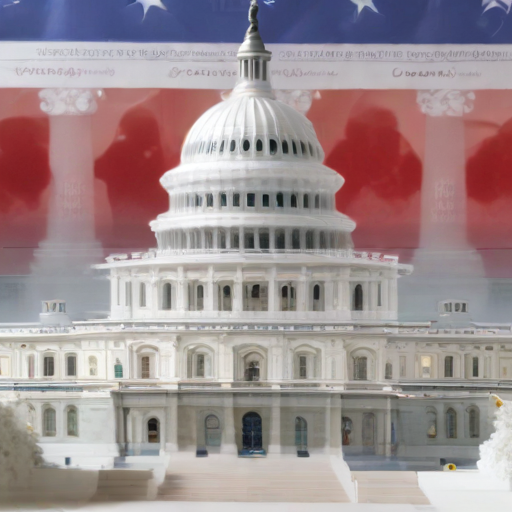The Electoral College remains a distinctive aspect of the American presidential election system, significantly shaping campaign strategies and outcomes. Unlike a straightforward popular vote, this system impacts how candidates approach their bids for the presidency. Notably, both George W. Bush and Donald Trump succeeded in claiming the presidency while securing fewer popular votes than their opponents, raising concerns among some Democrats who argue that this method favors Republicans.
Originating from the framers of the Constitution, the Electoral College comprises 538 electors, and a candidate must obtain at least 270 of these votes to win the presidency. This unique framework was designed to balance power between the states and to prevent Congress from directly selecting the president.
In terms of voting, each state’s electors cast their votes reflecting the popular choice in their state, with exceptions in Nebraska and Maine, where elector votes are distributed according to congressional districts and statewide results. This system can lead to a scenario where the Electoral College results diverge from the national popular vote, especially since the weight of a vote differs between states.
Electors are designated based on each state’s representation in Congress, with the District of Columbia receiving three electoral votes despite lacking congressional voting representation. State political parties often select electors, and members of Congress are ineligible to serve.
As the electoral process unfolds, electors convene in their states to officially cast their votes, with this year’s meeting scheduled for December 17. In the rare case of a tie, Congress would step in to determine the winner, a situation that has occurred only twice in U.S. history.
On January 6, following the election, Congress will formally count and certify the votes, presided over by the vice president, with an inauguration set for January 20 for the elected president.
California holds the record for the most electoral votes at 54, while several states, including Alaska and Delaware, have the minimum of three electoral votes each.
Despite the complexities and controversies surrounding the Electoral College, it reflects the historic compromises made by the nation’s founders to balance representation and power across diverse states. With ongoing discussions about electoral fairness, this system may evolve in the future, yet it remains a crucial aspect of American democracy.
